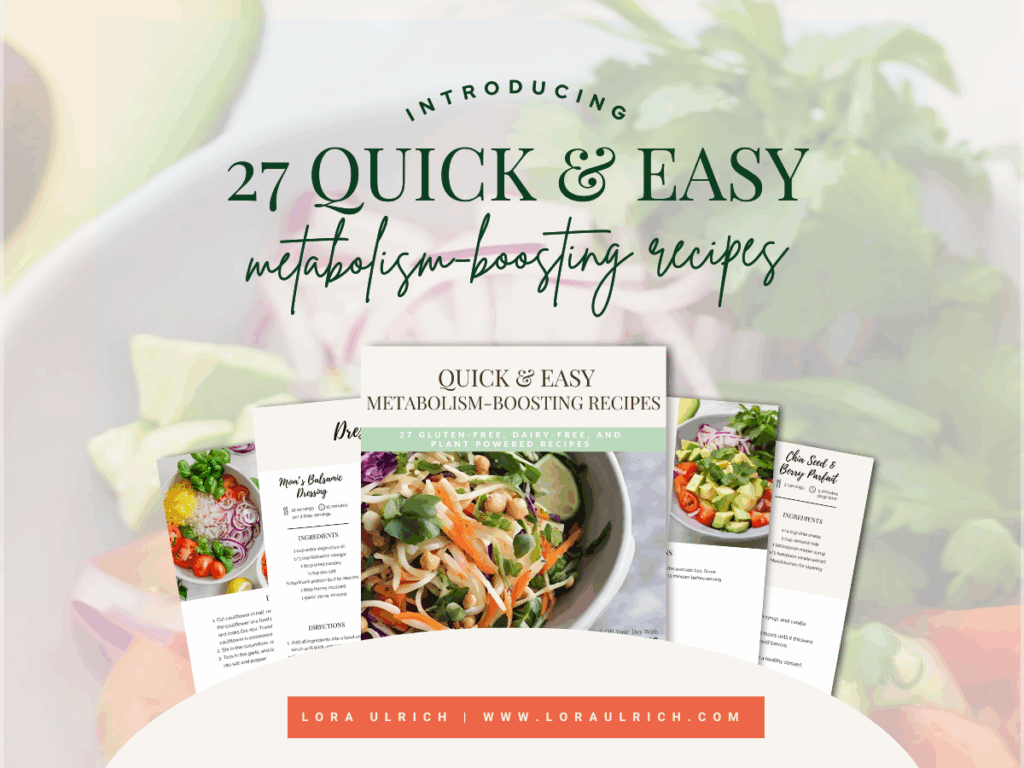As a menopause health coach specializing in midlife metabolism, I often hear this question: “Why does my belly feel fine in the morning but noticeably heavier by evening?” In this post, we’ll explore the root causes of bloating in perimenopause, how it connects to hormonal shifts, and what gentle, science-backed strategies can actually help.
What’s Behind the Bloat in Perimenopause?

Perimenopause bloating isn’t just about food, it’s about hormones, digestion, and how your body processes stress and change. As estrogen and progesterone fluctuate, they influence everything from gut motility to fluid retention. That puffiness you feel? It’s your body trying to recalibrate.
This phase can bring a mix of digestive changes, microbiome shifts, and heightened sensitivity to certain foods. While it’s common, it’s not something you have to just live with.
Why Bloating Happens in Perimenopause
Let’s look at what’s happening beneath the surface:
- Hormonal fluctuations
Shifting levels of estrogen and progesterone can affect how your body holds onto water and how efficiently your digestion moves – both of which can contribute to bloating.
- Slower digestion
Midlife often brings changes in stomach acid and enzyme production, which can lead to bloating and gas.
- Microbiome shifts
Hormonal changes affect gut bacteria. A disrupted microbiome can cause irregularity, bloating, and discomfort.
- Stress and cortisol
Chronic stress impacts digestion and fluid balance, making bloating worse.
- Food sensitivities
You may notice new reactions to gluten, dairy, or sugar, especially around ovulation or cycle changes.
Gentle Ways to Support Your Body
As a holistic nutritionist and metabolism specialist, I view bloating as your body’s way of asking for support. These gentle strategies can help you respond with care:
- Eat slowly and mindfully to support digestion
- Stay hydrated to reduce fluid retention
- Support your gut with probiotic-rich foods, or consider adding a gentle supplement like a probiotic duo or digestive enzyme blend. These help ease bloating, support digestion, and nourish immune health with proven strains and enzyme support.
- Experiment with reducing inflammatory triggers like gluten or dairy
- Move daily to stimulate digestion and lymph flow
- Track your symptoms to notice patterns around stress, ovulation, or food intake
If bloating has you second-guessing every meal, my 27 Quick & Easy Metabolism-Boosting Recipes are a great place to start. They’re designed to support digestion, reduce inflammation, and help you feel more grounded in your body.

FAQs
Is bloating in perimenopause normal?
Yes, it’s a common symptom during hormonal transition. While uncomfortable, it often reflects shifts in estrogen, progesterone, and gut function.
Can I prevent bloating in perimenopause?
You can reduce its frequency and intensity by supporting digestion, managing stress, and eating in a way that supports your body’s changing needs.
Does bloating mean I’m gaining weight?
Not necessarily. Bloating is often fluid or gas-related, not fat gain. But it can affect how clothes fit and how you feel in your body.
Ready for Personalized Support?
Perimenopause bloating doesn’t have to be a mystery. If you’re ready to understand your metabolism, reduce bloating, and feel more at home in your body, let’s talk.
Book a free call with me to get clear, personalized support from a holistic nutritionist and metabolism specialist. We’ll look at what’s shifting, what your body’s asking for, and how to move forward with confidence.
+ show Comments
- Hide Comments
add a comment